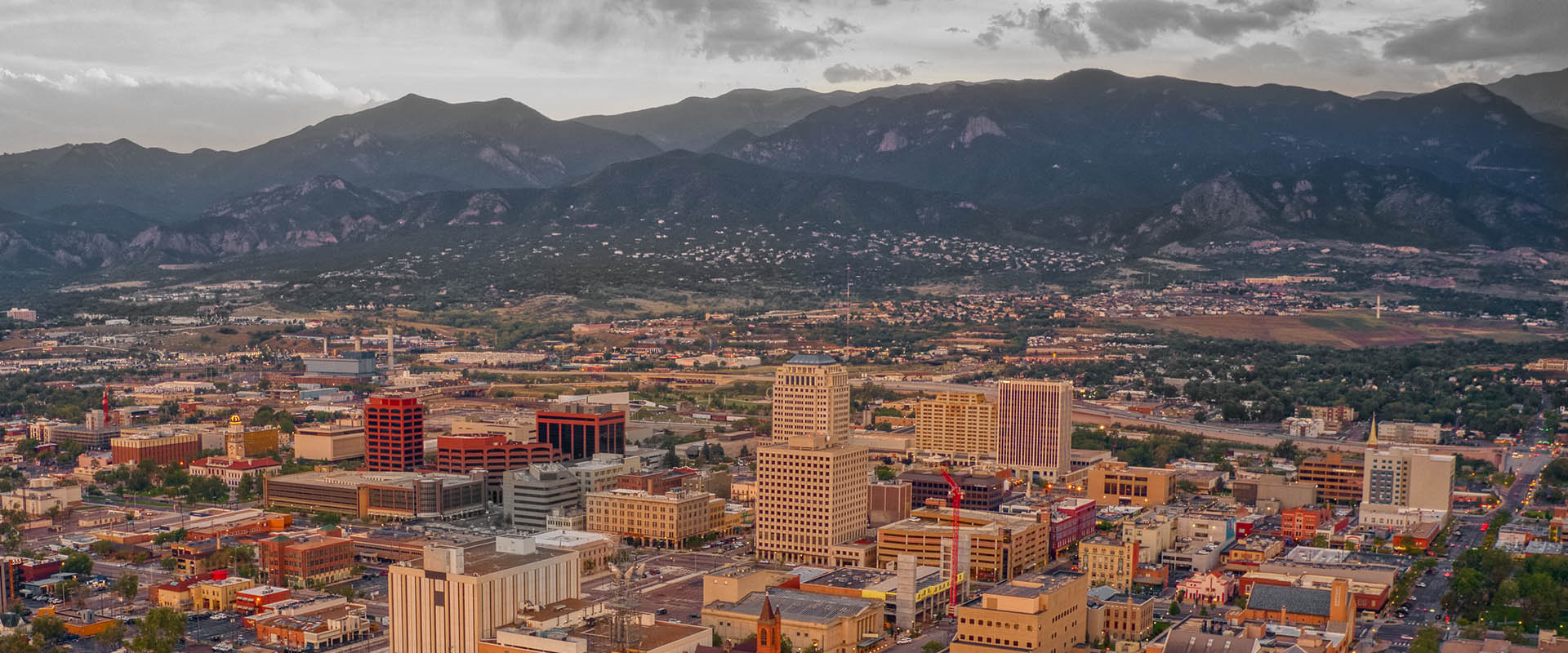Rape laws in Colorado are designed to protect individuals from non-consensual sexual activities and to provide justice for victims. Understanding these laws is crucial for both victims seeking justice and those accused of such crimes. Colorado’s legal framework around rape and sexual assault is comprehensive, addressing various circumstances under which these crimes can occur. This guide will delve into the definitions, legal implications, penalties, and the rights of both victims and accused individuals under Colorado law.
Definitions and Legal Terminology
In Colorado, rape is legally referred to as “sexual assault.” The state’s statutes define sexual assault as any sexual penetration or intrusion that occurs without the consent of the victim. Consent is a pivotal concept in these cases and is defined as a clear, voluntary agreement to engage in the sexual act. Consent cannot be given if the person is incapacitated due to drugs, alcohol, or a mental condition, or if they are underage, generally defined as under 17 years old.
Sexual assault can occur in various forms, including but not limited to, rape, sodomy, and oral copulation. The law also covers attempted sexual assault, which involves taking substantial steps towards committing the crime, even if it does not result in the actual act.


With You Every Step of the Journey
When you need legal help, Mark Hanchey and Ben Peterson are here to guide you through it all. One step at a time. Reach out today for legal support. Get The Law Firm of Mark S. Hanchey and Ben Peterson fighting for you
Free Consultation Download PDFLegal Implications and Penalties
The penalties for sexual assault in Colorado are severe and vary depending on the circumstances surrounding the crime. Factors that can influence the severity of the punishment include the age of the victim, the relationship between the victim and the perpetrator, whether force or threats were used, and whether the perpetrator was in a position of trust.
Sexual assault is classified as a felony in Colorado. The degree of the felony can range from class 1 to class 4, with class 1 being the most serious. A conviction for a class 1 felony sexual assault can result in life imprisonment without the possibility of parole. Lesser degrees of felony sexual assault can still lead to significant prison time, hefty fines, and mandatory registration as a sex offender.
For instance, a class 2 felony sexual assault may involve the use of force or violence and can lead to a prison sentence of eight to twenty-four years. A class 3 felony might involve an assault where the victim did not consent but force was not used, resulting in a prison term of four to twelve years. Even a class 4 felony, which might involve circumstances such as the victim being in a vulnerable state, can lead to imprisonment for two to six years.
The Rights of Victims and Accused Individuals
Colorado law provides a robust framework to support the rights of both victims and those accused of sexual assault. Victims have the right to be treated with fairness, respect, and dignity throughout the criminal justice process. They are entitled to be informed of all critical stages of the criminal proceedings and to be protected from the accused.
Victims can seek protective orders to prevent further contact with the perpetrator and have the right to confidentiality regarding their identity and details of the case. They can also access various support services, including counseling and advocacy programs.
For those accused of sexual assault, the presumption of innocence until proven guilty is a fundamental right. They have the right to a fair trial, legal representation, and the opportunity to present evidence and witnesses in their defense. The legal process ensures that the accused can challenge the prosecution’s evidence and cross-examine witnesses.
Reporting and Legal Procedures
Reporting a sexual assault in Colorado initiates a series of legal procedures aimed at investigating the crime and prosecuting the perpetrator. Victims can report the crime to local law enforcement, who will then conduct an investigation. This may involve collecting physical evidence, interviewing witnesses, and obtaining medical examinations.
The investigation may lead to the filing of charges by the district attorney’s office. If charges are filed, the case will proceed through the criminal justice system, starting with an arraignment where the accused will enter a plea. Pre-trial motions and hearings may follow, during which both sides can present evidence and arguments. If the case goes to trial, a jury will determine the guilt or innocence of the accused based on the evidence presented.
It is essential for victims to know that they can report the crime at any time, although immediate reporting can help preserve evidence and enhance the chances of a successful prosecution. Colorado law also provides for the issuance of “rape kits,” which are medical examinations specifically designed to collect forensic evidence following a sexual assault.
Support Systems and Resources
Colorado offers numerous resources and support systems for victims of sexual assault. These include crisis hotlines, advocacy groups, and counseling services. Organizations such as the Colorado Coalition Against Sexual Assault (CCASA) and local sexual assault response teams (SART) provide critical support and advocacy for victims.
These resources can help victims navigate the complex legal and emotional aftermath of an assault. They offer services such as legal advocacy, assistance with protective orders, and support during court proceedings. Additionally, many organizations provide educational programs aimed at preventing sexual assault and raising awareness about the issue.
Defending Against False Accusations
While the primary focus is often on supporting victims, it is also important to acknowledge the rights of individuals who may be falsely accused of sexual assault. False accusations, though relatively rare, can have devastating effects on the accused’s life, including damage to their reputation, career, and personal relationships.
Legal defense against false accusations involves thoroughly investigating the claims, gathering evidence that disproves the allegations, and challenging the credibility of the accuser. This might include presenting alibi evidence, questioning inconsistencies in the accuser’s story, and highlighting any possible motives for false accusations.
Those falsely accused should seek experienced legal representation to ensure their rights are protected and to build a robust defense. The legal process provides mechanisms for addressing false accusations, including pre-trial motions to dismiss unsupported charges and the opportunity for a trial to present exculpatory evidence.
Legal Reforms and Advocacy
Over the years, Colorado has seen significant legal reforms aimed at improving the handling of sexual assault cases and enhancing protections for victims. Legislative changes have expanded the definitions of sexual assault, increased penalties for perpetrators, and improved the support systems available to victims.
Advocacy groups continue to push for further reforms, focusing on issues such as the elimination of statutes of limitations for reporting sexual assault, improved training for law enforcement and legal professionals, and enhanced public education about consent and sexual violence.
These ongoing efforts aim to create a legal environment that not only provides justice for victims but also fosters a culture of respect and accountability. Public awareness campaigns and educational programs are crucial components of these efforts, helping to change societal attitudes towards sexual violence and encouraging more victims to come forward.
Understanding the Law
Understanding rape laws in Colorado is crucial for both victims seeking justice and individuals accused of such crimes. The legal landscape is complex and requires careful navigation to ensure that rights are protected and justice is served. Whether you are a victim of sexual assault or someone facing accusations, it is essential to seek knowledgeable legal representation to guide you through the process.
Contact Us Today
At the Law Firm of Mark S. Hanchey, we are committed to providing compassionate and effective legal support to those affected by sexual assault. Our experienced attorneys understand the intricacies of Colorado’s sexual assault laws and are dedicated to advocating for your rights. If you or a loved one is dealing with the aftermath of sexual assault, or if you need a strong defense against false accusations, contact us today for a confidential consultation. We are here to help you navigate the legal system and work towards a just resolution.


